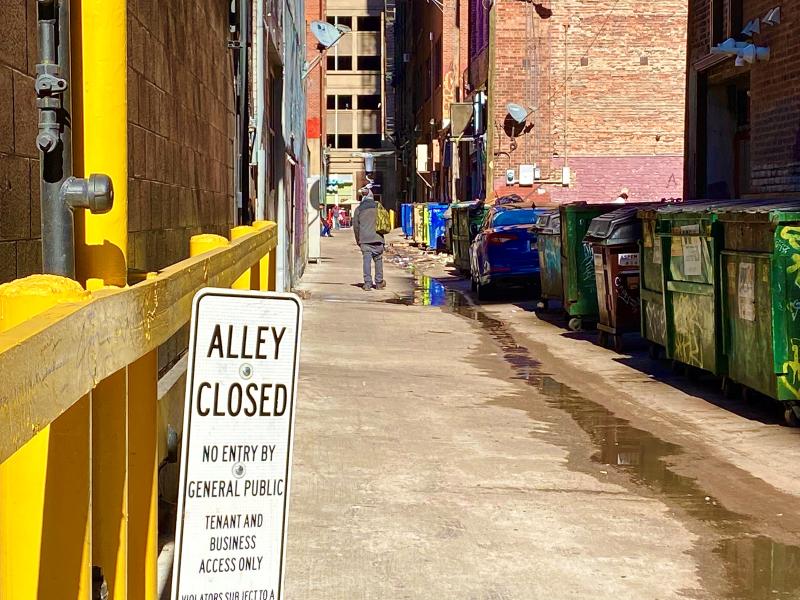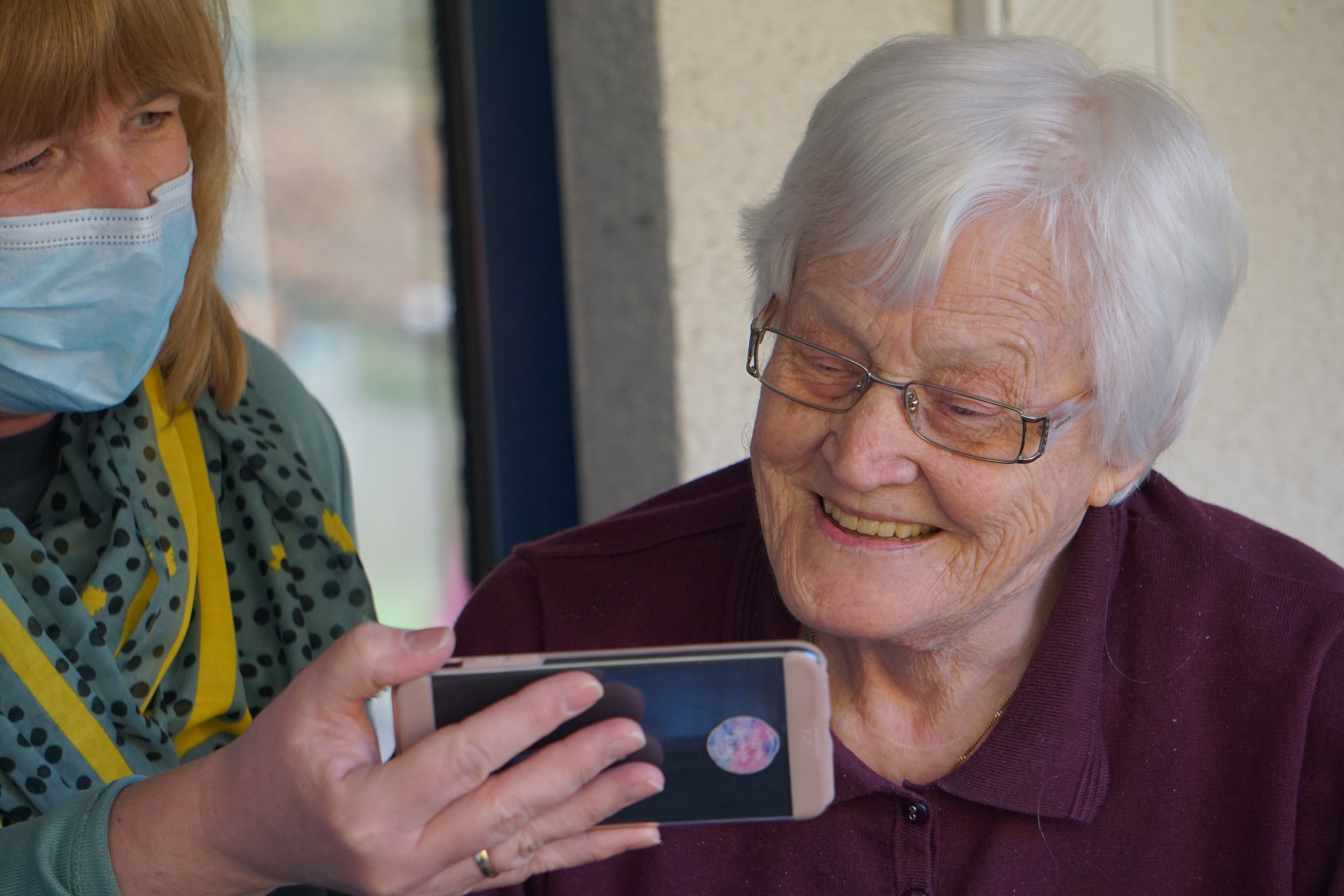Engaging the Marginalized in Colorado
By: Amy Balogh, Adjunct Professor, Religious Studies

Through a Scholar Shop partnership between the RLGS/JUST 3891 Justice: A Biblical Perspective class and The Episcopal Church in Colorado (ECC), University of Denver (DU) students completed a project that will have a positive impact on the Colorado community in perpetuity. This impact came through original research into how this state-wide organization might best utilize its current resources to affect meaningful change in the communities that their 100+ congregations serve. Using the idea of an “Anchor Institution,” the ECC reached out with a request for preliminary research to help their organization understand how they might alter their policies and behaviors to better meet the needs of their neighbors, especially those who require resources or assistance.
In the Fall quarter of 2019, Professor Amy Balogh’s RLGS/JUST 3891 class performed academic research on behalf of the ECC concerning their relationship to marginalized groups in the area, specifically people experiencing homelessness, immigrants, and Indigenous Peoples. With this research, the students and professor wrote a 32-page document that provides detailed historical and practical information, including suggestions for next-steps on the part of the ECC. This document represents the first step of many that can be taken by the ECC on the road to active community engagement and ever-growing inclusivity.
“Looking back, the most fruitful aspect of this project was thinking through how to use our explorations of some very difficult biblical texts to inspire students to think differently about real-world matters,” says Balogh. “In doing so, the students not only brought ancient texts to bear on the modern world but also provided research that has the potential to positively affect the lives of communities and individuals across the state of Colorado. This partnership is a prime example of community-engaged humanities scholarship, and the students and I are grateful for the opportunity.”


